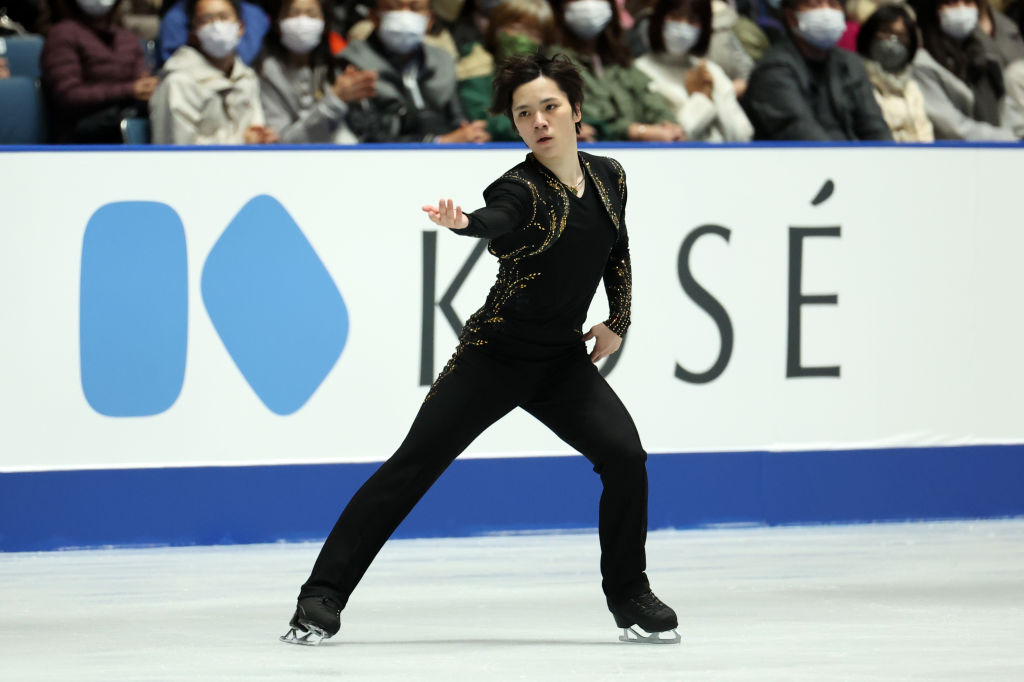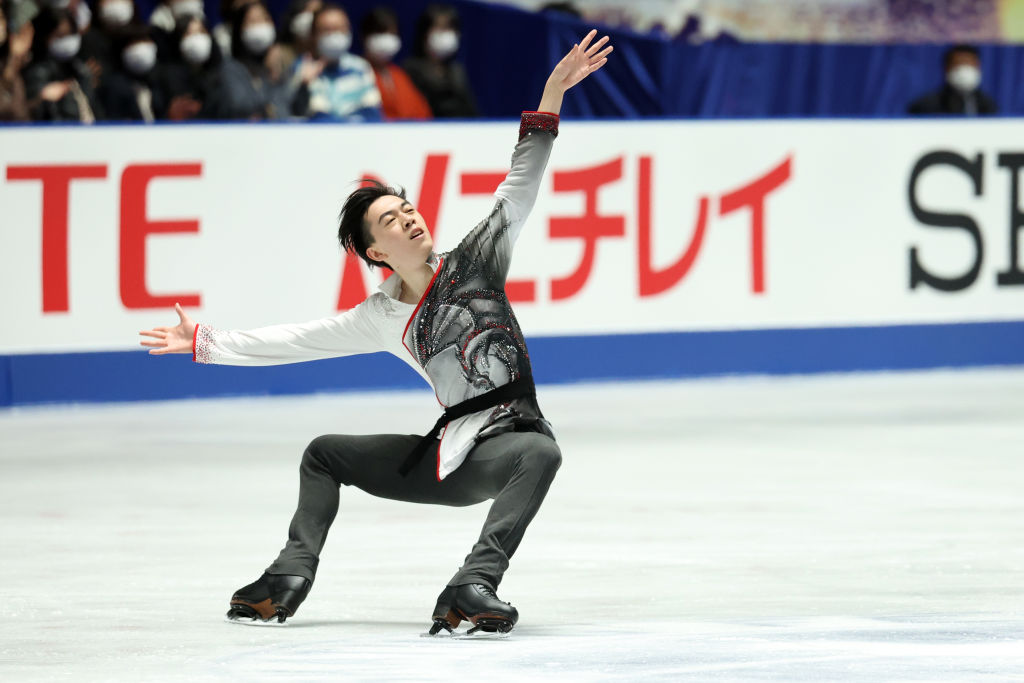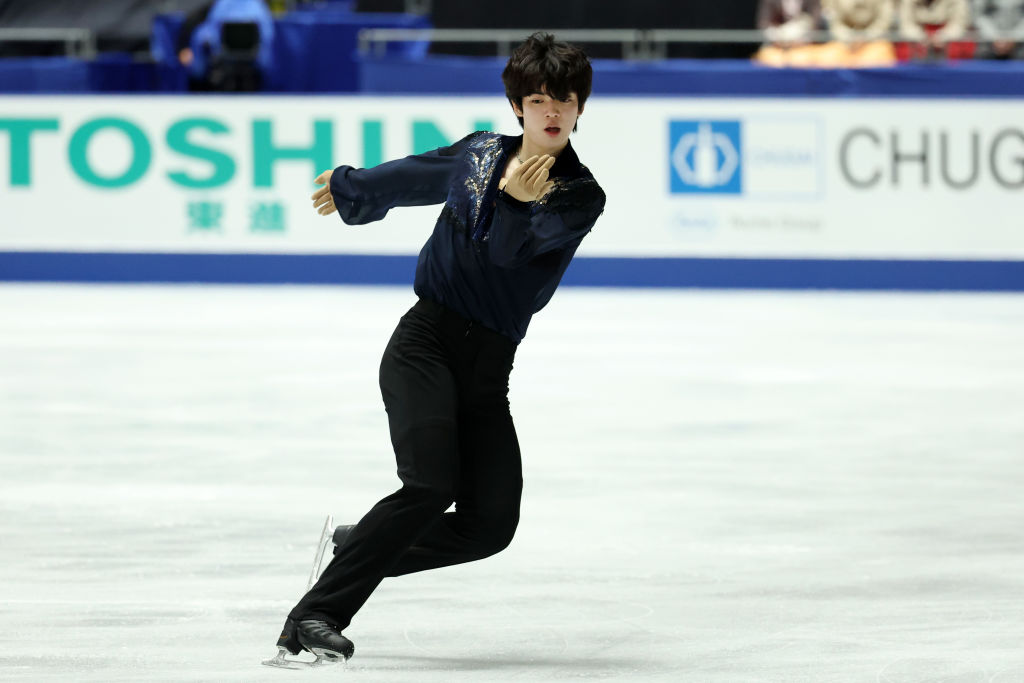Shoma Uno (JPN) took gold on home ice as he won the ISU Grand Prix NHK Trophy in Tokyo this Saturday. Vincent Zhou (USA) took silver and Junhwan Cha (KOR) claimed bronze. Skating to a new arrangement of Maurice Ravel’s “Bolero”, Uno hit four quadruple jumps – loop, Salchow and two quads plus two triple Axels. His only error came when he doubled the planned quad flip. The two-time World silver medalist scored 187.57 points, a season’s best and racked up 290.15 for his first ISU Grand Prix win since 2018, which means 30 points higher than second and third place.

“The first half of my program was very good. I felt good on the ice, the skate, my movement, my mind. Everything was as during practice, everything went well,” he said. “It wasn’t a coincidence, everything was happening the way it should. The sceond half, the flip, if I had done it, it would have been great. But it wasn’t and that means I wasn’t training enough.”

Zhou’s martial arts inspired routine to “Crouching Tiger Hidden Dragon” included a quad flip, but he struggled with other jumps that were underrotated. The 2019 World bronze medalist ranked sixth in the Free Skating with 161.18 points, but held on to second place with 260.69 points.
“I am very disappointed in my free skating. Thankfully it happened here and not at the Olympic Games. I am glad that I got this out of my system now and not next February,” Zhou noted. “I was not able to train consistently leading up to this competition and it showed. I need to make sure I am in better health and condition for my next competition.”

Cha landed a quad toe and three clean stilles in his program to “Turandot”, but he missed the quad Salchow. The Korean Champion was fifth in the Free Skating with 163.66 points but remained in third to get bronze on 259.60 points.
“My performance was disappointing, but I fought until the finish,” Cha shared. “I found a lot of things I need to work on for my next competition to be in a better condition.”
Makar Ignatov (RUS) was fourth and Alexander Samarin (RUS) sixth. Particularly noteworthy was the performance of the Italian Matteo Rizzo (ITA), fifth, who, despite having missed the podium, is the most artistic athlete, more convincing from the point of view of interpretation. Unfortunately he paid for some mistakes in the jumps and the absence of a quadruple. The two triple axels he performed were excellent and of great quality.







